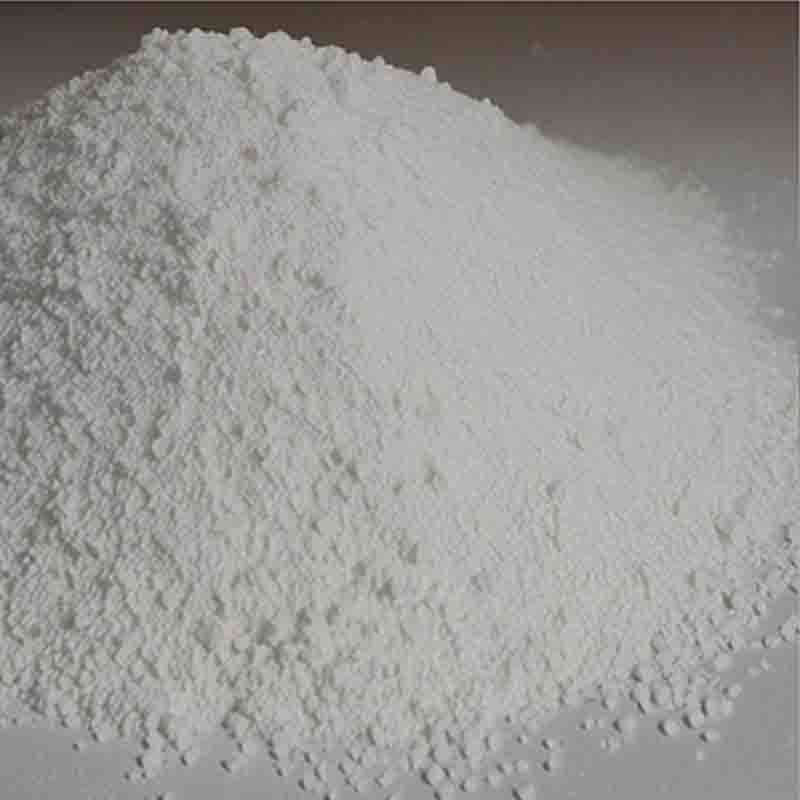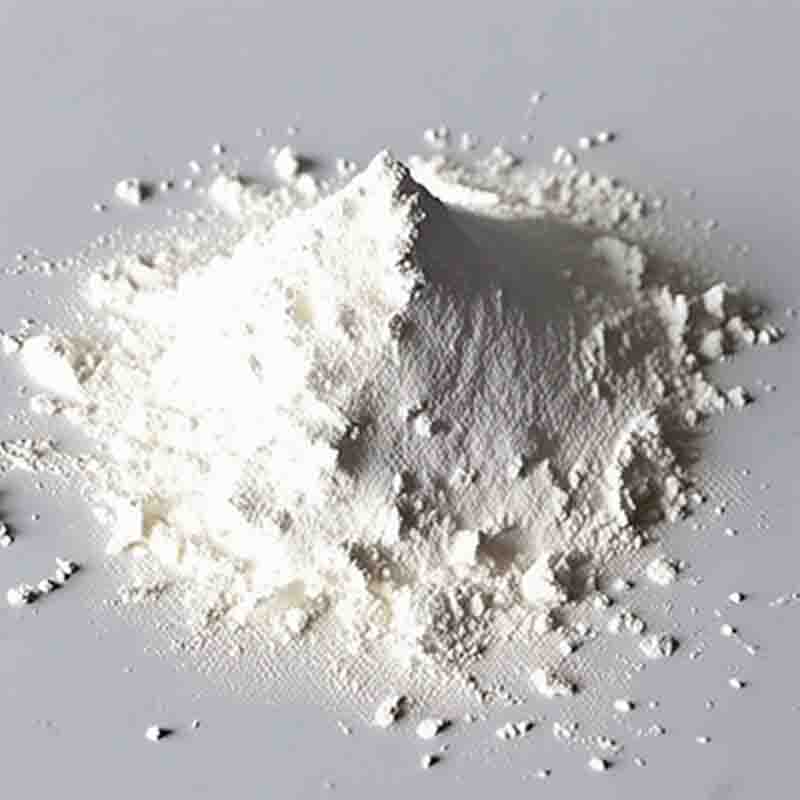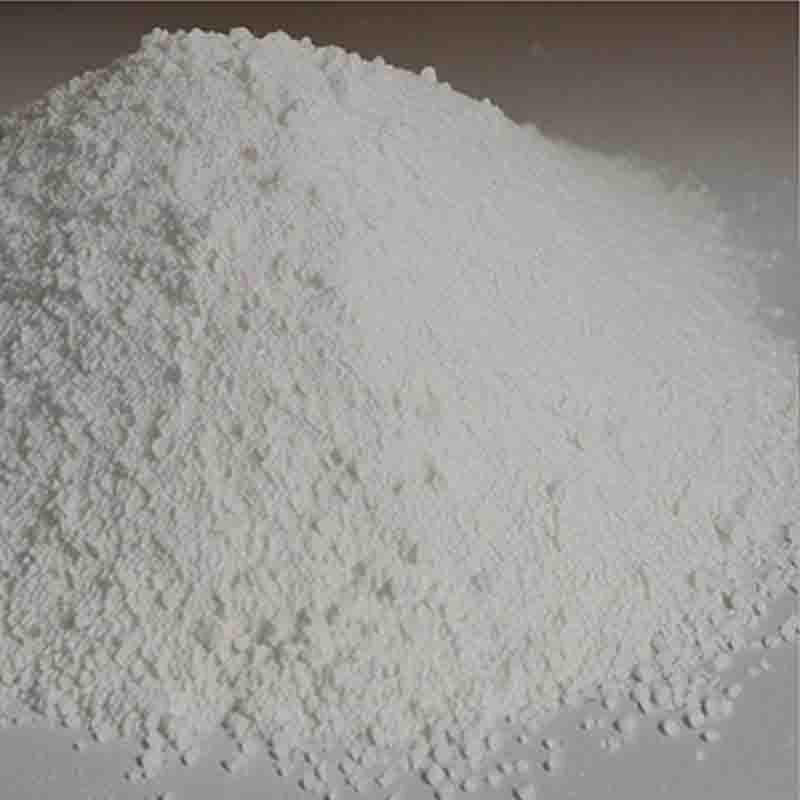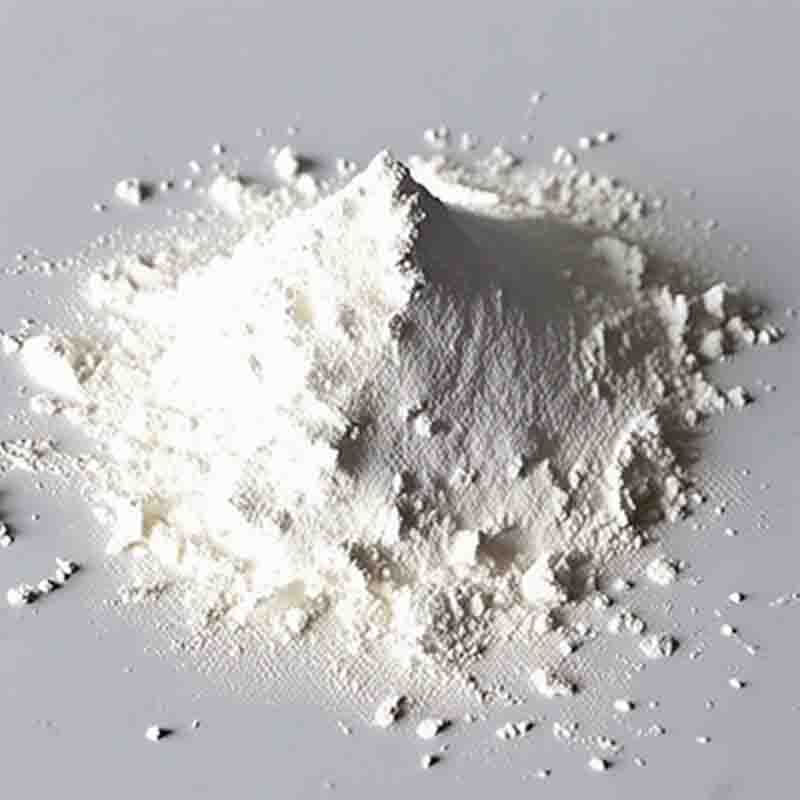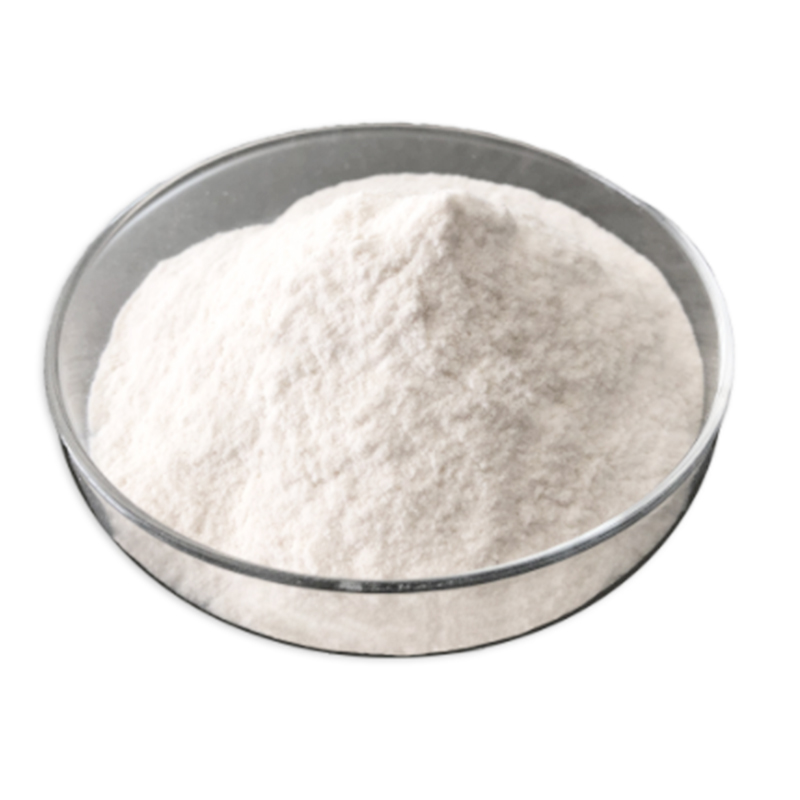Magnesiummethoxide CAS:109-88-6
| Catalog Number | XD96261 |
| Product Name | Magnesiummethoxide |
| CAS | 109-88-6 |
| Molecular Formula | C2H6MgO2 |
| Molecular Weight | 86.37 |
| Storage Details | Ambient |
Product Specification
| Appearance | White powder |
| Assay | 99% min |
Magnesium methoxide, also known as magnesium methylate, is a chemical compound consisting of a magnesium cation (Mg2+) bonded to a methoxide anion (CH3O-). It serves as a useful reagent in various organic synthesis reactions, offering a range of effects and applications.One of the primary effects of magnesium methoxide is its role as a catalyst in organic transformations. It can facilitate reactions like esterification, transesterification, and condensation reactions. For instance, in esterification reactions, magnesium methoxide can react with carboxylic acids and alcohols to yield esters. This catalytic activity is beneficial in the production of fragrances, pharmaceuticals, and various chemicals.Another significant effect of magnesium methoxide is its involvement in the synthesis of organic molecules containing the methoxy group (-OCH3). It can react with different organic compounds, such as aldehydes, ketones, or halides, to introduce the methoxy group into the molecule. This functional group plays a crucial role in various organic reactions and is found in a wide range of biologically active compounds.Furthermore, magnesium methoxide can function as a strong base in organic chemistry. It can deprotonate acidic hydrogen atoms, leading to the formation of alkoxides, which can subsequently participate in nucleophilic substitution reactions. This property is particularly useful in the synthesis of pharmaceutical intermediates and other organic compounds.Additionally, magnesium methoxide can serve as a stabilizer and cross-linking agent for polymers. It can react with functional groups in polymers, such as carboxylic acids or hydroxyl groups, to form stable bonds. This cross-linking effect enhances the mechanical properties, stability, and resistance to degradation of the polymer. Therefore, magnesium methoxide finds applications in the production of coatings, adhesives, and composite materials.In summary, magnesium methoxide possesses several effects and applications in organic synthesis. It acts as a catalyst, facilitating esterification, transesterification, and condensation reactions. It is also involved in the introduction of the methoxy group into organic molecules. Furthermore, it acts as a base and cross-linking agent in polymer chemistry. The diverse range of effects offered by magnesium methoxide makes it a valuable reagent in the field of organic chemistry.


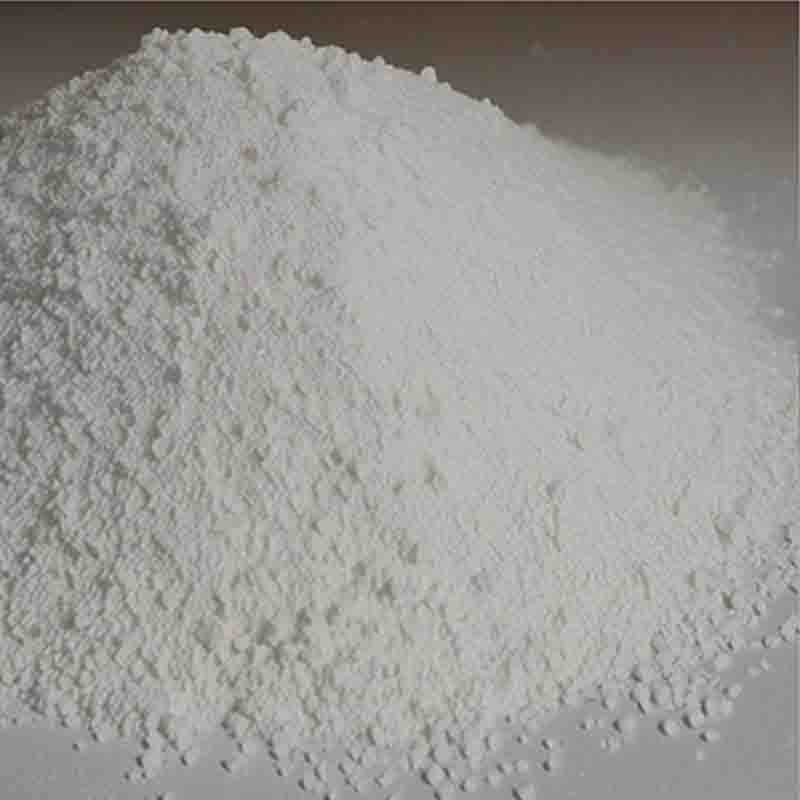

![DI-MICRO-CHLOROBIS[2-[(DIMETHYLAMINO)METHYL]PHENYL-C,N]DIPALLADIUM CAS: 18987-59-2](https://cdn.globalso.com/xdbiochems/白色粉末2680.jpg)
